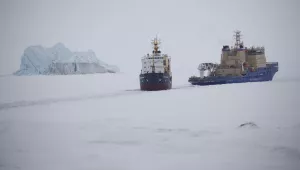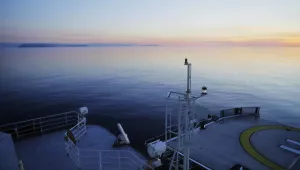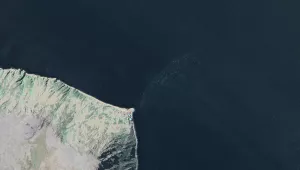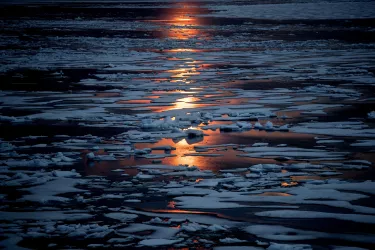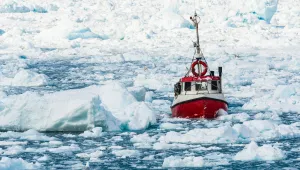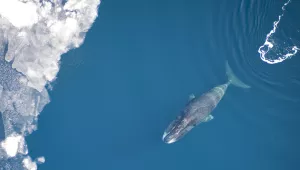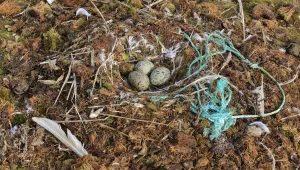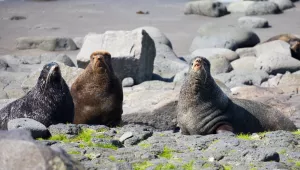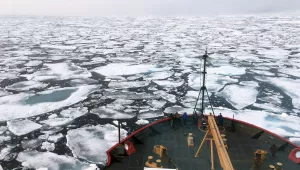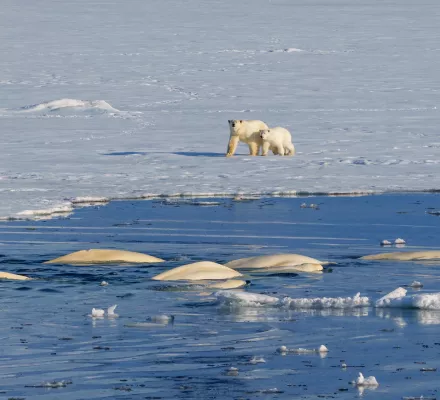
Sustainable Ocean Management
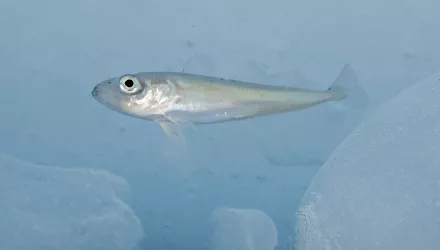
The Central Arctic Ocean Fisheries Moratorium: A Rare Example of the Precautionary Principle in Fisheries Management
From Environment and Natural Resources
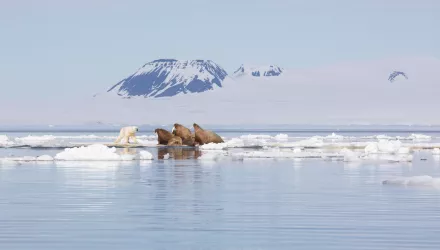
Arctic Ocean Governance: Cooperation with Russia After the Invasion of Ukraine
From Environment and Natural Resources
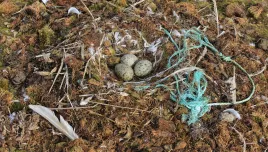
Managing Plastic Pollution in the Arctic Ocean: An Integrated Quantitative Flux Estimate and Policy Study
From Arctic Initiative
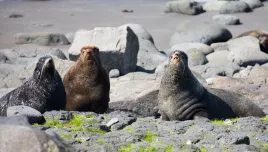
Including Local Voices in Marine Debris Conversations to Advance Environmental Justice for Island and Coastal Communities
From Arctic Initiative
Ultimately, the Arctic nations’ ability to lead by example will be essential for establishing credibility and inspiring others to act to prevent the Arctic becoming a global trash bin.
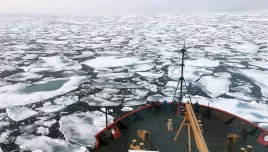
Ocean Issues in Alaska: From Fisheries Management to Public Safety and Security
From Environment and Natural Resources
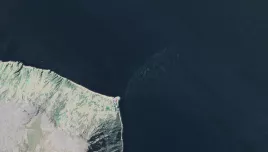
Addressing Dramatic Changes in the Bering Strait Region Requires Governance Adaptations
From Environment and Natural Resources
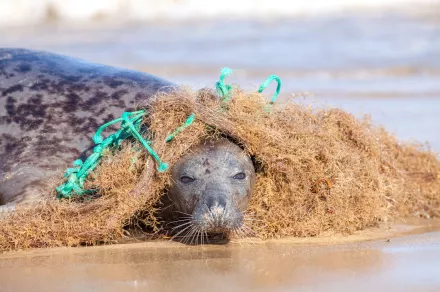
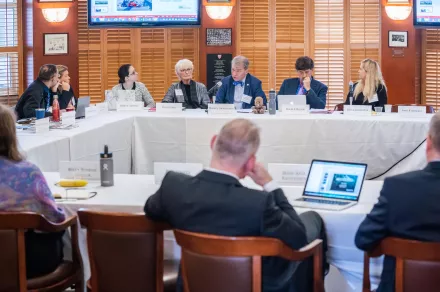
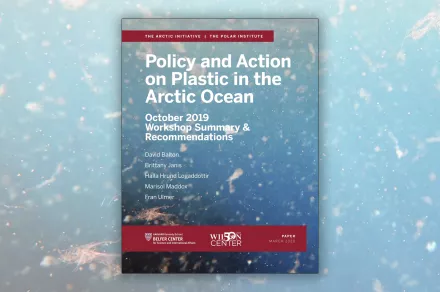
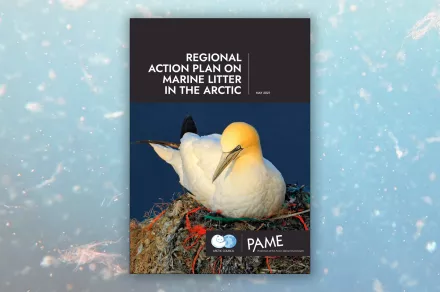

Turning the Tide on Plastic Pollution
The buildup of plastic in the Arctic Ocean has raised serious environmental and economic concerns among Arctic residents.
Over the last decade, the amount of plastic debris in the Arctic has increased dramatically as shrinking ice coverage caused by climate change has allowed unprecedented amounts of plastic debris to flow into the Arctic Ocean.
In some locations, Arctic sea ice contains higher concentrations of microplastics than in the infamous Great Pacific Garbage Patch

Policy and Action on Plastic Pollution
In October 2019, the Arctic Initiative and the Wilson Center’s Polar Institute co-hosted a workshop with the Icelandic Chairmanship of the Arctic Council at Harvard Kennedy School, convening over 60 global thought leaders, diverse stakeholders, and subject matter experts to begin developing a framework for tackling Arctic marine plastic pollution as part of the Icelandic Chairmanship’s ambitious agenda.

An Influential Report
This vital early convening resulted in the creation of a subsequent report, also entitled “Policy and Action on Plastic in the Arctic,” which was co-published by the Arctic Initiative and the Polar Institute in April 2020.
The report has served as a valuable resource to the Arctic Council's Protection of the Arctic Marine Environment Working Group.
Said Magnús Jóhannesson, the Arctic Council's special coordinator on plastic pollution and marine litter, "Most of the strategy action recommendations from the Belfer Center report are on the table in the discussion for the development of the regional action plan.

A New Regional Action Plan
The workshop report's recommendations contributed to the Arctic Council’s 2021 Regional Action Plan on Marine Litter. The report was also featured in the keynote of the 2021 International Symposium on Plastics in the Arctic and Sub-Arctic Region, the first-ever global conference on addressing Arctic marine plastic pollution. The Arctic Initiative served as a Symposium Partner.

